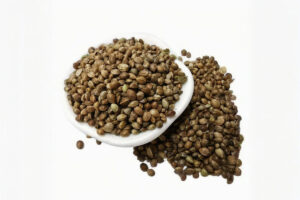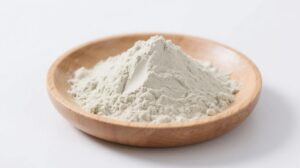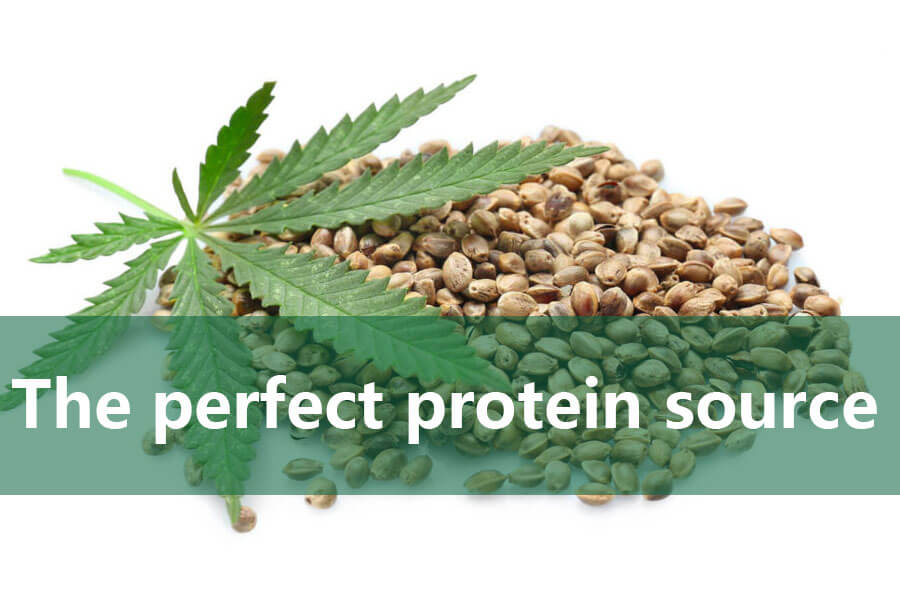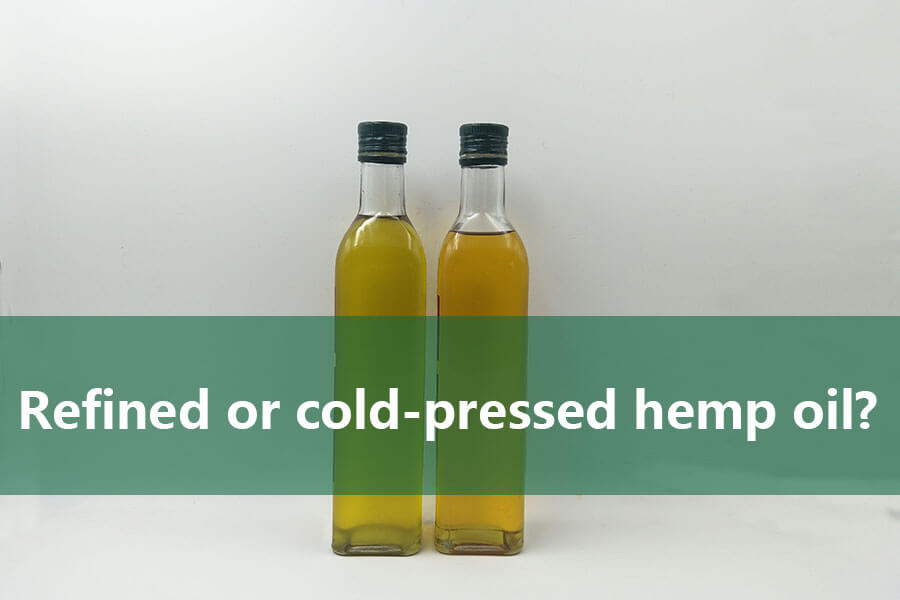Plant-based proteins have become increasingly popular among health-conscious consumers, vegans, and athletes. Two of the most common options are organic hemp seed protein powder and pea protein. While both are excellent alternatives to animal-based protein, they differ in nutritional composition, digestibility, and overall benefits. Let’s break down the differences to help you decide which one is right for you.
1. Protein Quality and Amino Acid Profile
- Hemp Protein:
Organic hemp seed protein powder contains all nine essential amino acids, making it a complete plant-based protein. It also includes a balanced amount of branched-chain amino acids (BCAAs) — leucine, isoleucine, and valine — which are crucial for muscle repair and growth. - Pea Protein:
Pea protein offers a relatively high protein content but lacks methionine, meaning it isn’t a naturally complete protein unless combined with other sources like rice or quinoa.
Verdict: Hemp protein provides a better all-in-one amino acid profile.
2. Digestibility and Gut Health
- Hemp Protein:
Hemp protein is rich in edestin, a highly digestible protein, and retains significant dietary fiber that supports gut health and regularity. - Pea Protein:
Pea protein is generally easy to digest but can cause bloating in some people due to its higher starch content and potential for fermentation in the gut.
Verdict: Hemp protein is gentler on digestion and offers extra fiber benefits.
3. Omega Fatty Acids and Micronutrients
- Hemp Protein:
Naturally contains omega-3 and omega-6 fatty acids in an ideal 3:1 ratio, which supports heart, brain, and joint health. It’s also packed with magnesium, iron, and zinc, making it a more nutrient-dense option. - Pea Protein:
While pea protein delivers solid protein content, it lacks omega fatty acids and provides fewer micronutrients.
Verdict: Hemp protein offers a broader nutritional spectrum.
4. Allergen-Free and Dietary Compatibility
Both hemp and pea proteins are naturally dairy-free, soy-free, and gluten-free, making them suitable for most diets. However, hemp protein has the added advantage of being less processed, appealing to those who prefer minimally refined products.
5. Environmental Sustainability
Hemp grows quickly, requires little water, and improves soil health, making it an eco-friendly crop. While peas are also relatively sustainable, hemp’s environmental impact is even lower, aligning well with eco-conscious lifestyles.
Conclusion
Both organic hemp seed protein powder and pea protein are excellent plant-based options, but hemp protein stands out as a more complete, nutrient-dense, and eco-friendly choice. If you’re looking for a clean, allergen-free protein source with added digestive and heart-health benefits, hemp protein is hard to beat.
Related Products
Organic Hemp Seeds
Organic hemp seeds offer complete nutrition with optimal protein, fatty acids, and fiber content. Versatile…
Organic Hemp Seed Protein Powder
Available in 70%, 75%, 80% protein levels and customized. All specifications support both conventional and…




